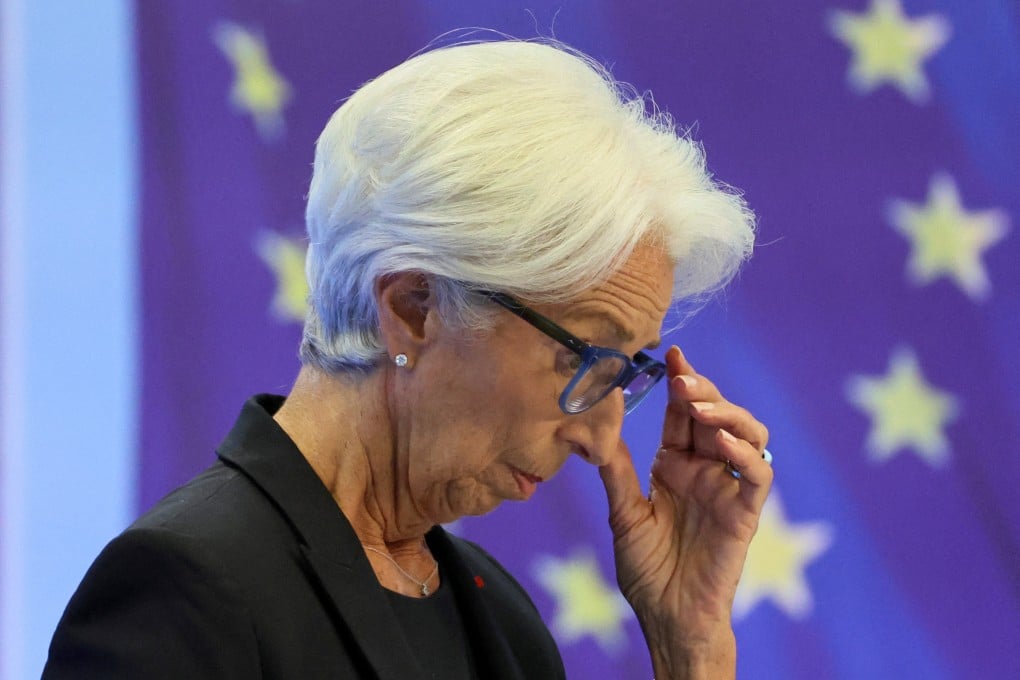Macroscope | Ukraine war, energy crisis and Italy’s political turmoil call euro’s survival into question
- A worsening European energy crisis could raise the risk of a recession while the gap between the US and European central banks’ monetary policy will put downward pressure on the euro
- Big euro currency investors like China should consider cutting their losses and hedging their bets

Who would blame anyone for thinking that Europe is finished? Russian President Vladimir Putin might have achieved his aim to crack European unity, with the economy suffering on a number of fronts.
Big euro currency investors like China should consider cutting their losses and hedging their euro bets in the global currency markets. In the present turmoil, the US dollar has only one way to go and that’s up.
German industry is already feeling the pinch with the bellwether IFO business confidence indicator showing the strain over the past few months as the spectre of gas shortages deepens industry’s concerns about disruption to future output and growth. The business climate index has fallen from a peak of 101.4 in June 2021 to a low of 90.8 in March and sentiment is still struggling.
